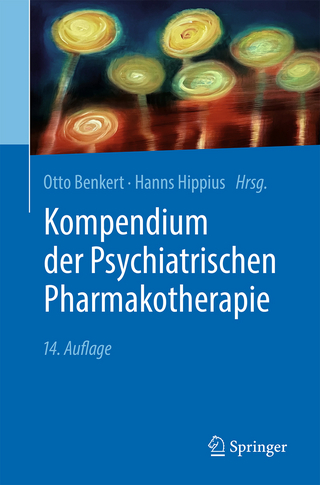
Mycotoxin Protocols
Humana Press Inc. (Verlag)
978-1-4899-3872-5 (ISBN)
Mycotoxins produced by molds are common contaminants of many important crops, including wheat, corn, rice, and peanuts. Some mycotoxins are found in fruits and vegetables. These contaminants have a broad range of toxic effects, including carcinogenicity, neurotoxicity, and reproductive and developmental toxicity. The occurrence of mycotoxins in foods is an unavoidable worldwide problem. About 80 countries have imposed regulatory limits to minimize human and animal exposure to mycotoxins. Regulatory limits, including international standards, have tremendous economic impact and must be developed using science-based risk assessments. The purpose of Mycotoxin Protocols is to provide the scientific and technological basis for analytical methods for use in obtaining the exposure data needed for risk assessments. Mycotoxin Protocols is divided into four sections, which are interc- nected. The first section: Chapters 1–5 describe the general techniques for mycotoxin analysis with emphasis on the importance of method validation based on statistical parameters; sampling procedures for collecting a sample as representative as possible of a bulk lot; the isolation of mycotoxins for use as analytical standards or for toxicological studies; the evaluation of purity and preparation of standards; and the detection and identification of impu- ties in isolated mycotoxins. Sections 2–4: Chapters 6–19 describe the most current chromatographic and immunochemical methods for studies on the major mycotoxins.
General Techniques.- Mycotoxin Method Evaluation.- Sampling Techniques.- 3 Preparatory Isolation of Mycotoxins from Solid Phase Fungal Cultures.- 4 Preparation of Mycotoxin Standards.- Electrospray Mass Spectrometry for Mycotoxin Detection and Purity Analysis.- Methods for Aspergillus Toxins.- Measurement of Aflatoxins Using Capillary Electrophoresis.- Liquid Chromatographic Method for Aflatoxin M1 in Milk.- Immunochemical Method for Cyclopiazonic Acid.- Immunochemical Method for Ochratoxin A.- Methods for Fusarium Toxins.- Solution Fluorometric Method for Deoxynivalenol in Grains.- Chromatographic Methods forTrichothecenes.- Chromatographic Method for the Determination of the Mycotoxin Moniliformin in Corn.- Liquid Chromatographic Method for Fumonisins in Corn.- Enzyme-Linked Immunosorbent Assays of Zearalenone Using Polyclonal, Monoclonal and Recombinant Antibodies.- Methods for Other Fungal Toxins.- 15 Chromatographic Method for StachybotrysToxins.- 16 Immunochemical Method for Citrinin.- Solid Phase Extraction Method for Patulin in Apple Juice and Unfiltered Apple Juice.- Liquid Chromatographic Method for the Determination of Ergot Alkaloids in Cereal Grains.- Chromatographic Method for AlternariaToxins in Apple Juice.
| Reihe/Serie | Methods in Molecular Biology ; 157 |
|---|---|
| Zusatzinfo | XII, 244 p. |
| Verlagsort | Totowa, NJ |
| Sprache | englisch |
| Maße | 152 x 229 mm |
| Themenwelt | Medizin / Pharmazie ► Medizinische Fachgebiete ► Pharmakologie / Pharmakotherapie |
| Medizin / Pharmazie ► Pharmazie | |
| ISBN-10 | 1-4899-3872-9 / 1489938729 |
| ISBN-13 | 978-1-4899-3872-5 / 9781489938725 |
| Zustand | Neuware |
| Haben Sie eine Frage zum Produkt? |
aus dem Bereich


